Virgin sold 49% of its United Kingdom rail company, Virgin Trains, to U.K.-based Stagecoach in 1998. The two companies have cooperated ever since on the route. Their bid to operate the route had been rejected by the U.K. government in April following a dispute over long-term retirement savings costs. Virgin and Stagecoach have started legal action against the government over this disqualification, which is ongoing.
The new operator for the new West Coast Partnership contract is U.K.-based private sector transport group First Group together with partner Italian state owned national railway operator Trenitalia. First Group owns 70% of the new First Trenitalia operating company. It also owns Greyhound bus lines in the U.S. and operates several U.K. rail contracts, including Great Western Railway.
The new 12-year contract to operate the West Coast route will start in December, with the new operator taking on some commercial risk until 2026.
New high-speed line too
From March 2026 the contract will include operation of the first stage of the new High Speed 2, 225-mph high speed line, now being built, connecting London with central England. With HS2 operation added the contract switches to a management contract with a fee based upon costs and revenues for five years to 2031. While the high speed line is being built the new U.K. government has announced it plans to review support for the project during the next several months.
New trains
As is usual with U.K. franchise contract changes the existing equipment (and staff) will transfer to the new operator. Despite the bold Virgin branding on the train fleet, none of it was ever owned by Virgin but by private sector leasing companies. The new contract will see all the 125-mph DMUs in the fleet replaced by new 13 electric/diesel bi-mode trains plus 10 new 125-mph EMUs by December 2022. The 56 tilting 125-mph Alstom-built Pendolino EMUs that operate most services will remain in use with new interiors installed.
In total, private equipment leasing companies will invest more than $500 million in new and upgraded trains.
Virgin Rail to retaliate?
While disqualified from the government awarded contract, Virgin Trains has submitted plans for open-access services connecting London and Liverpool, England, a route which currently only has one train each hour. The company is waiting to find out if these plans will be agreed to by the U.K.’s independent rail regulation office — but in a twist — the new First Trenitalia operation also plans an extra train between London and Liverpool. It is unlikely both operators will be given train access for the route.





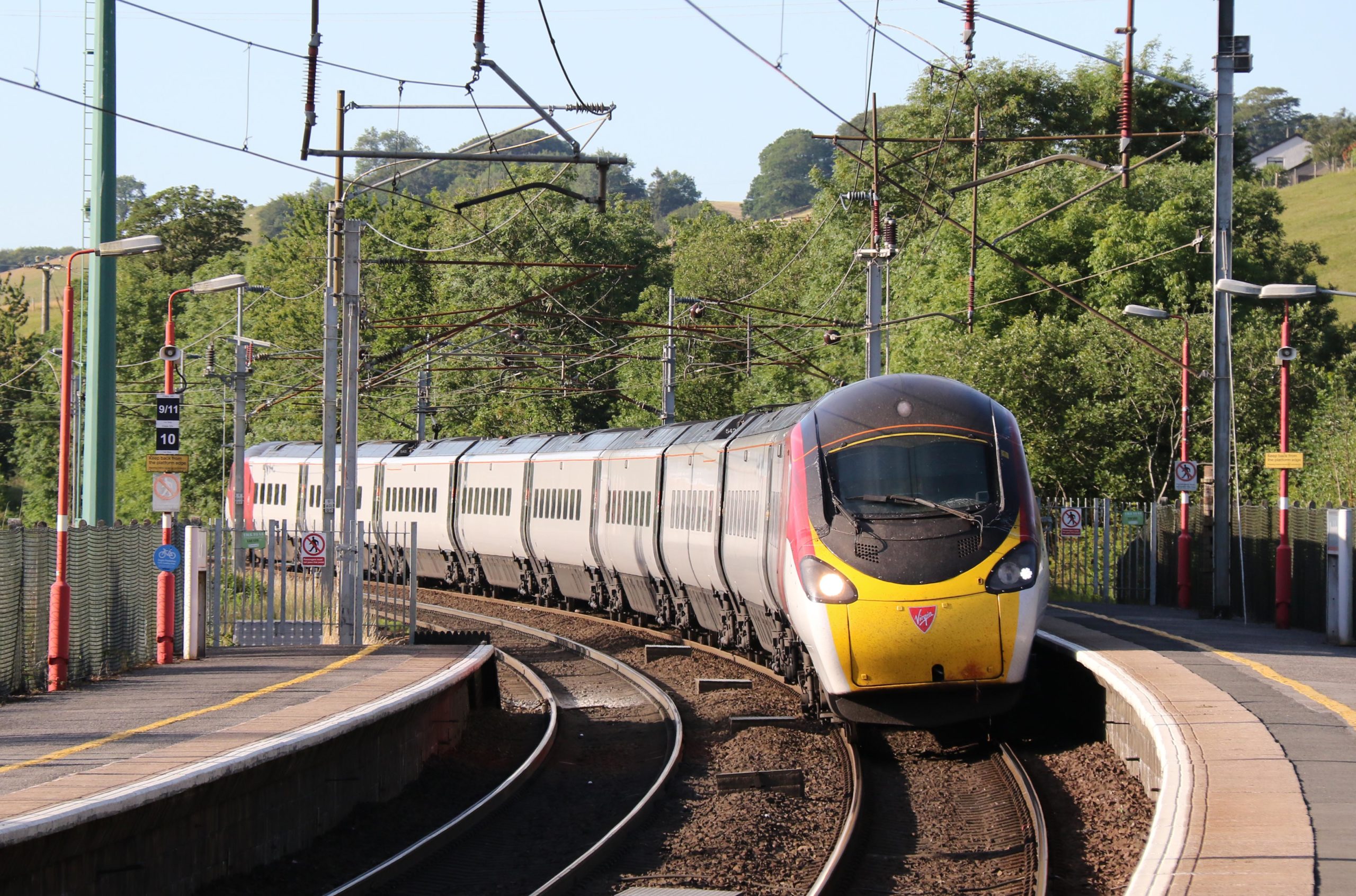

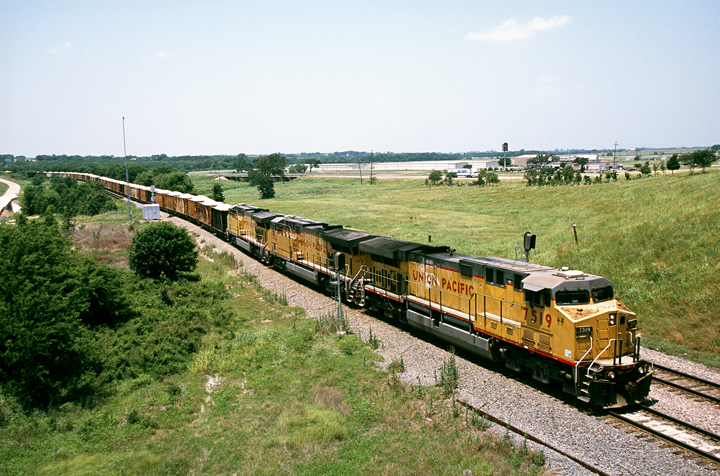
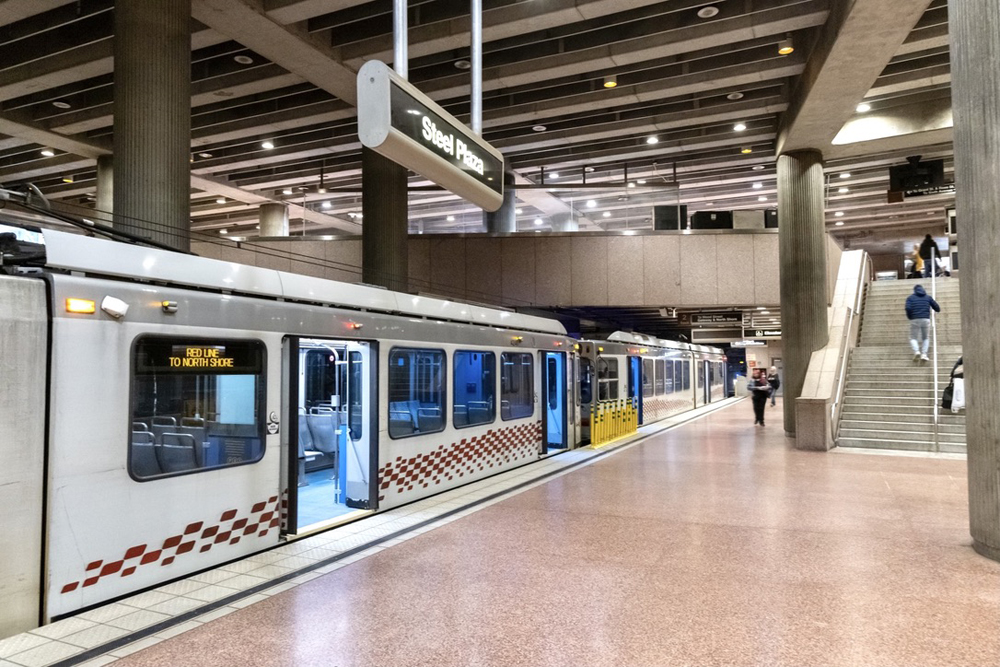
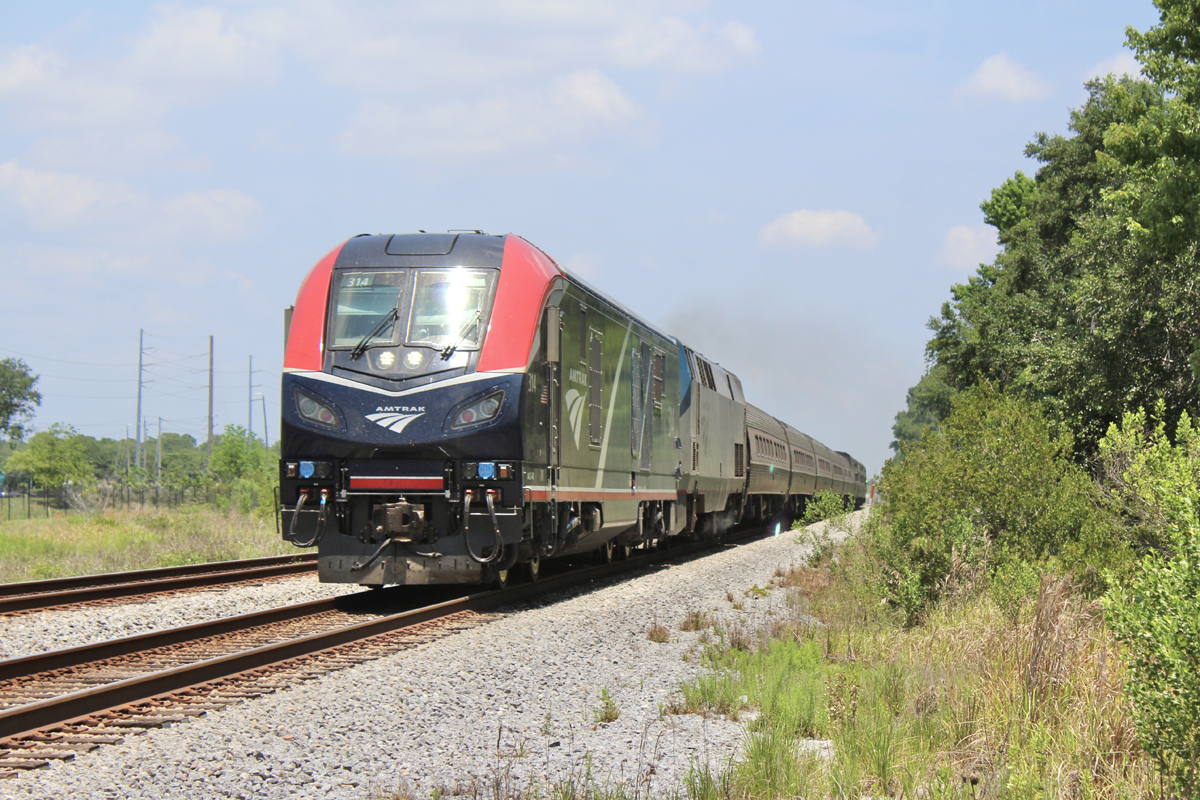
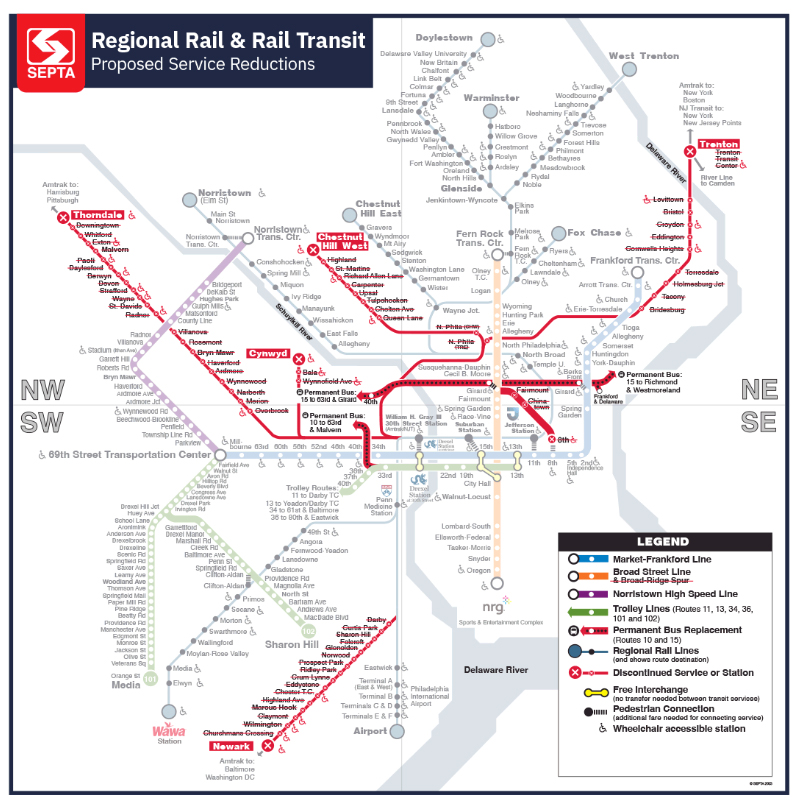




UK: “State-owned railways are inefficient and need to be privatized!”
Also UK: *gives operating contracts to every state-owned railway in Europe*
“only one train each hour” Ain’t that a shame.
I remember the old British Rail. Which wasn’t bad. But Virgin rail is a world of improvement.
The issue here was that the proposal required the new operator to make a somewhat large lump sum payment to the engineers retirement fund. Virgin was objecting because they have no control over the salaries and benefits of the train operators. Those are set by union agreements with the rail authorities.
Their position is that those payments should be sourced through the base costs that are passed through the actual rail use agreements.
Virgin would have had to make large above the line fare increases to cover the lump sum payment, when in their mind the increased payments could have been made incrementally through the rail usage charge and easily buried below the line in the ticket fare and therefore easier to manage.
Apparently First Group was willing to make the lump sum to win the business. Virgin refused and they lost the bid.
It would be like the FAA telling a US airline that the FAA is behind on their air traffic controller pension contributions and telling them to place a $400 million lump sum or they won’t get their gate slots renewed.
The airlines would ask for a per gate incremental fee that they can charge per ticket to recover the cost.
In this case the airlines would have lost just like Virgin. And they would have sued the government, just like Virgin.
Privitization works until it doesn’t. Losing (or dumping) one of its prestige contractors, the British rail system now has to sort out who owns what, who owes what, while finding a new contractor that can do a better job at a lower price.
It’s one thing to ride the trains – I know that First Group has done a great job along with most of the other contractors. Passengers ride the trains but they don’t see what happens behind the scenes: — how operations, equipment purchases, depreciation, deferred employee benefits, track slots, station management, liability, etc., are to be financed going forward.
Bottom line: privatization isn’t a magic bullet. In the short term privitization can replace inefficient state bureaucracies. In the short term, competing contractors can improve service and lower costs. In the long run there are the same questions as before. Passenger rail costs money – costs that aren’t locked in and are bound to increase – and someone has to pay.
They got Brightline in Fla so things balance out